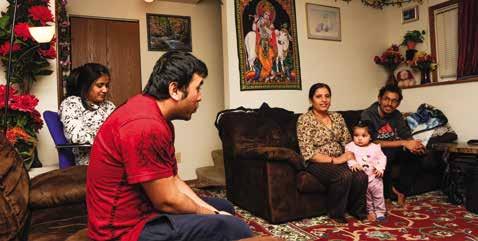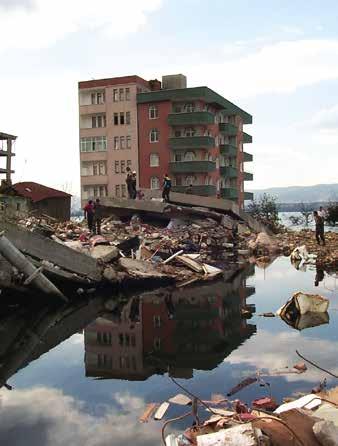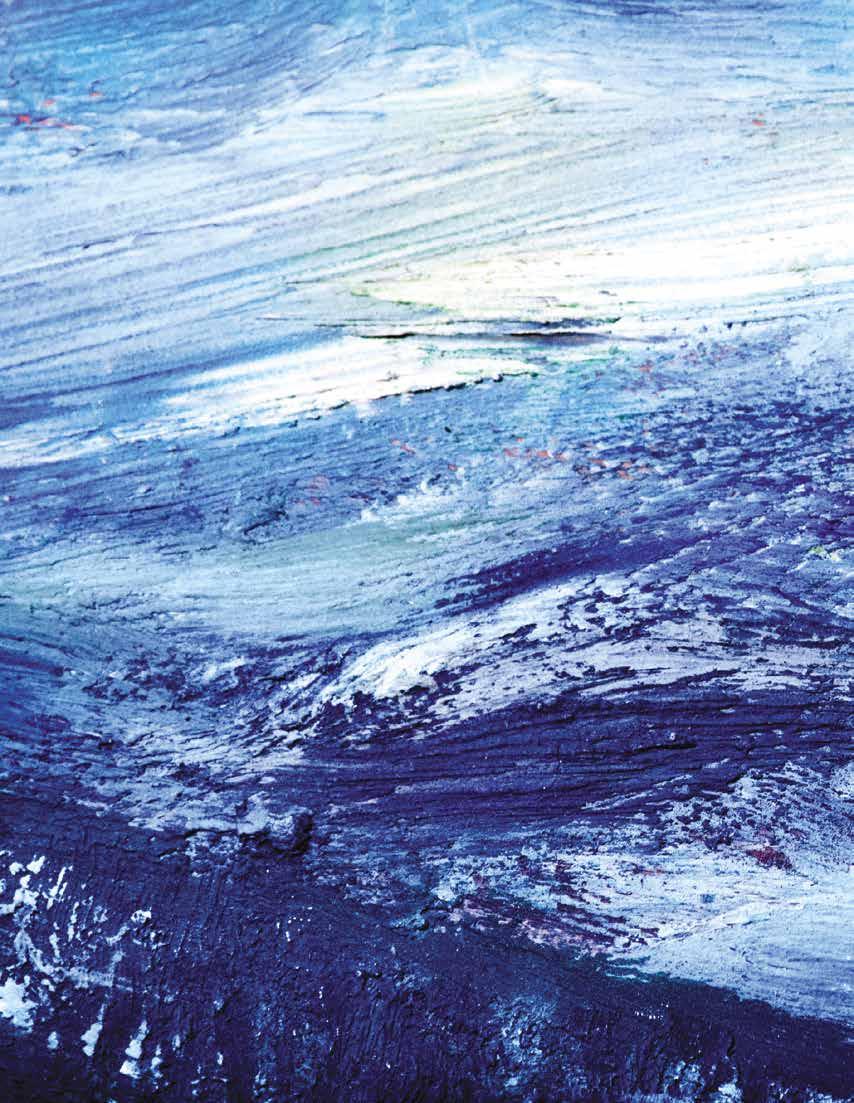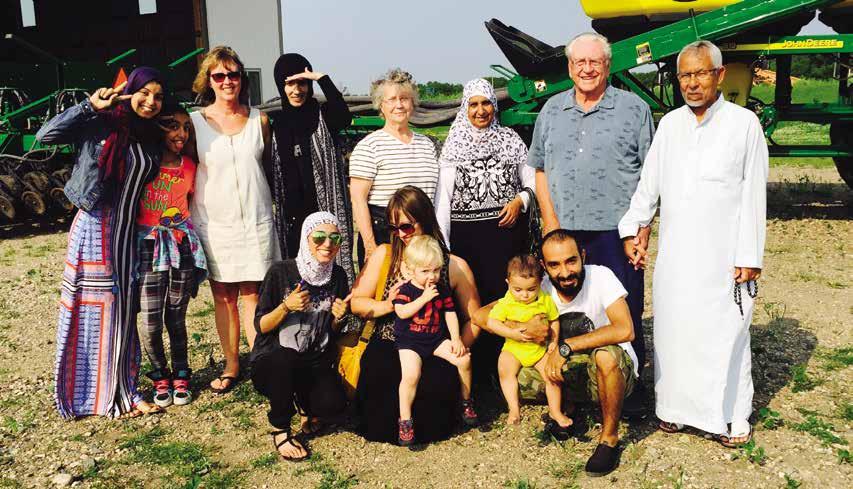
3 minute read
The Risk I Took
By Chandra Dulal
People take risks to achieve things. I am the type of girl who lives by the motto: no adventure, no gain. People only comprehend their full potential if they take risks and achieve something important. For example, in order to learn to swim, we must jump or put our body into the water first. We might swallow a bit of water at the beginning and become disoriented. In order to gain something, we sometimes lose things, too.
Advertisement
Nothing is worse than being hungry and living in poverty. My life as a refugee was a miserable life. There was no healthcare, no opportunities, unemployment, and also bad education. I remember someone telling me that there were seven refugee camps in Nepal, and each camp had about 50,000 people. I, as well as other people, had to limit the food provided by UNHCR [the United Nations Refugee Agency]. There was a high crime rate because of the high unemployment rate. In the refugee camps, there weren’t any strict or specific rules, so people did whatever they wanted, which led to chaos and violence. People in higher positions used to dominate the lower class people. People were discriminated against in the camp by the color of their skin, social caste, and religion.
I never actually imagined myself going to America, but one day it was time for my family to take a risk and leave the refugee camp behind for a better life. I was on my way to the United States; destination Fargo, North Dakota.
As soon as we landed in the USA, I was excited for our new life, but my body was exhausted from 38 hours of traveling. My eyes were tired from reading English and trying to recognize a place I had never been. I arrived in Fargo during the winter of 2010, and it was already snowing when we landed at the airport. I was very anxious seeing piles of snow on the sidewalk and in the parking lot.
“What is that stuff?” I asked my mom.
“Mayala bugena,” my mom said, looking confused.
“I don’t know either. Maybe it means the world is ending,” I said in a panicked voice.
“Nai. Chanta na garnu. It is probably just like rain,” my mom said.
I had never seen snow in my life before. I was afraid of cold weather and snow that was EVERYWHERE. After we got over the initial shock from the cold, my family started becoming frustrated because of snow in Fargo. For the first couple of weeks, I felt like we made the wrong decision.
“Hami yaha kina aako?” I asked my mom. “We are still seeking a better life,” she said.
“Mali maan parana! I hate it here already,” I yelled.
We didn’t have a car or any kind of transportation. I was unfamiliar with everything, including the technology, the road system, markets, offices, and schools. The most frustrating thing was not being able to communicate. I had very little English at the beginning. I hated myself for not being able to order food or to make an appointment on the phone. I ended up spending many days in bed thinking of how we would survive in this kind of a world. It took almost a year to learn simple things like traffic rules, how to use a bank card, and how to write a check. My first two years were very tough. As I learned, I became more relaxed and comfortable. I was the first person in my family to get a driver’s license, which was very exciting.
Finally, after a couple years, I felt better about our decision to come to the United States. The decision we made was positive. The one thing that I learned from my journey was that taking a risk can change your whole life. It is important to take risks, because they just might lead you down the path toward a better life.

Chandra Dulal, far left, a high school student who came to the United States as a child from a refugee camp in Nepal, watches TV with her fiancé’s family at their home in Fargo, North Dakota.
Photo by Andrew Cullen.
NEPALI LANGUAGE GLOSSARY
Mayla bugena. - I didn’t get it.
Nai. Chanta na garnu. - No. Don’t worry.
Hami yaha kina aako? - Why are we here?
Malai maan parana. - I didn’t like it.
CHANDRA DULAL was born in Nepal. She came to the United States in 2010 and started school. Now she is a senior at Fargo South High School. She lives with her parents, and she has three older brothers. One of her brothers is still in Nepal. She likes Indian food. She wants to have a happy family someday.










